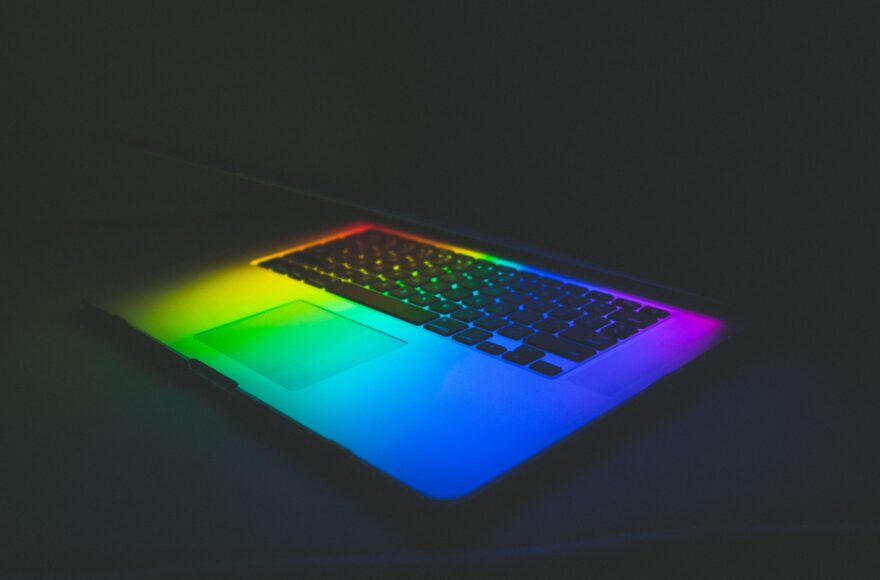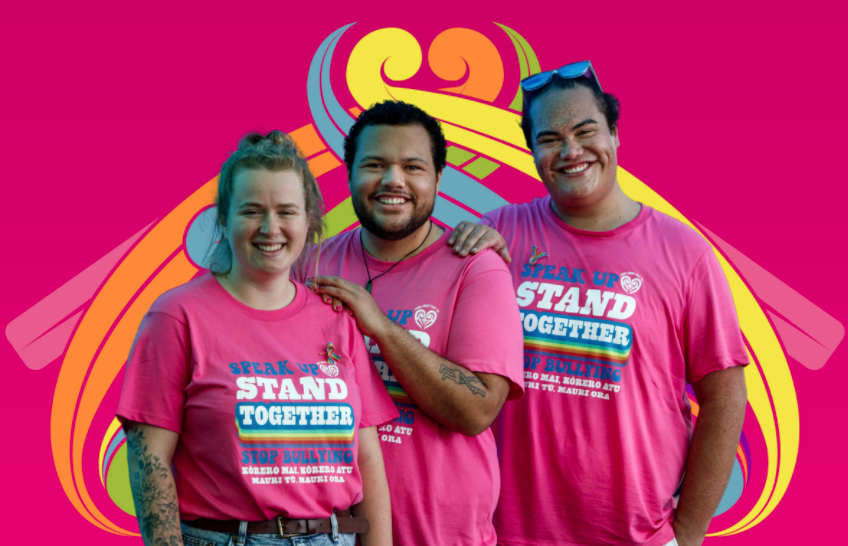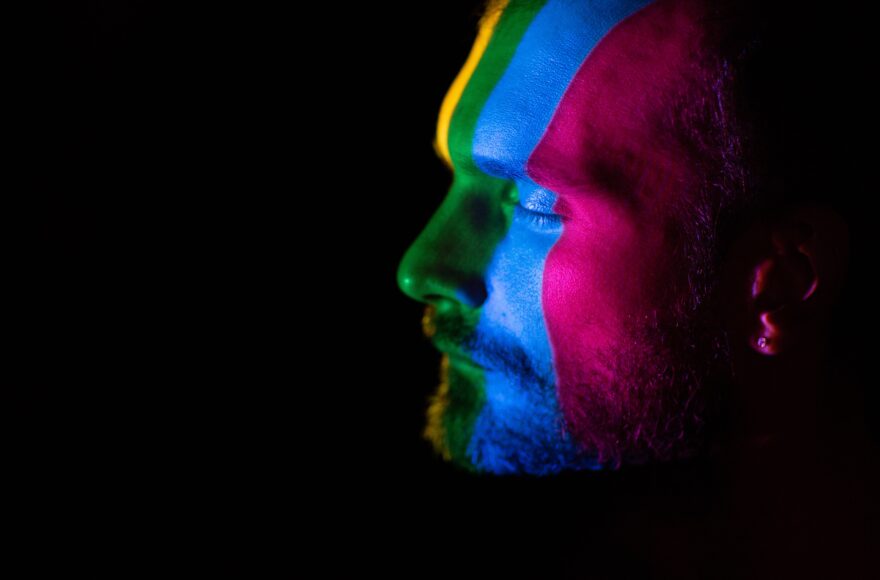Netsafe launches campaign for LGBTQIA+ people

Gender diverse young people are four times more likely to be bullied at school than their cisgender peers, and same or both sex attracted young people are three times more likely to be bullied. Research shows that these statistics translate to the online world too, with queer and gender-diverse people commonly being targeted by bullies and abused online.
Netsafe is open seven days a week to give you free and confidential help. They are not an enforcement agency, but they do have a high success rate in resolving problems. Once you contact Netsafe, their team will ask you questions to understand what’s happening and will discuss the options to stop the abuse. Sometimes they can contact the person you believe is responsible to try to resolve it. They may also involve the person or the organisation the content is hosted on to get them to help.
But Netsafe doesn’t just support those who are on the receiving end of harmful digital communications. People who have caused harm to another person are also able to contact Netsafe for advice to reverse wrongdoing.
The higher rate of abuse online for nonheterosexual people than their heterosexual counterparts is not the only troubling finding. Netsafe’s survey shows that in several areas, the rate of reported abuse had risen and not fallen over the three years examined.
NETSAFE’S KEY FINDINGS:
- A 22% rise (14% in 2019 compared to 36% in 2020) in reported cases between 2019 and 2020 in non-heterosexual participants saying they were the victims of someone online trying to bully or humiliate them.
- A 9% rise in reported cases between 2019 and 2020 in non-heterosexual participants saying they were the victims of being threatened with physical violence (12% in 2019 compared to 21% in 2020).
- A quarter of non-heterosexual participants received one or more hateful digital communications in the last year.
- For non-heterosexual participants, their sexuality was the main reason for their online
abuse. - 68% of non-heterosexual participants received unwanted digital communications during/
after the nationwide COVID 19 lockdown last year (compared to 38% of heterosexual
participants). - 10% of non-heterosexual Kiwis had intimate material shared online without their permission (compared with 3% of heterosexual participants).
Netsafe’s Here for Every Stripe of the Rainbow campaign is backed by InsideOUT, who have collaborated with Netsafe to exchange expertise, research and resources.


